The Vector Molecular Biology Section (VMBS) focuses on understanding how molecules from arthropod vectors are critical for the success of pathogen transmission and translating this knowledge into disease control opportunities. The section has two main themes: dissecting the immune events following an arthropod bite, mainly the cellular interactions at the vector-host-pathogen interface, and their implication for disease pathogenesis; and elucidating the determinants of successful transmission to a mammalian host by a competent arthropod vector.
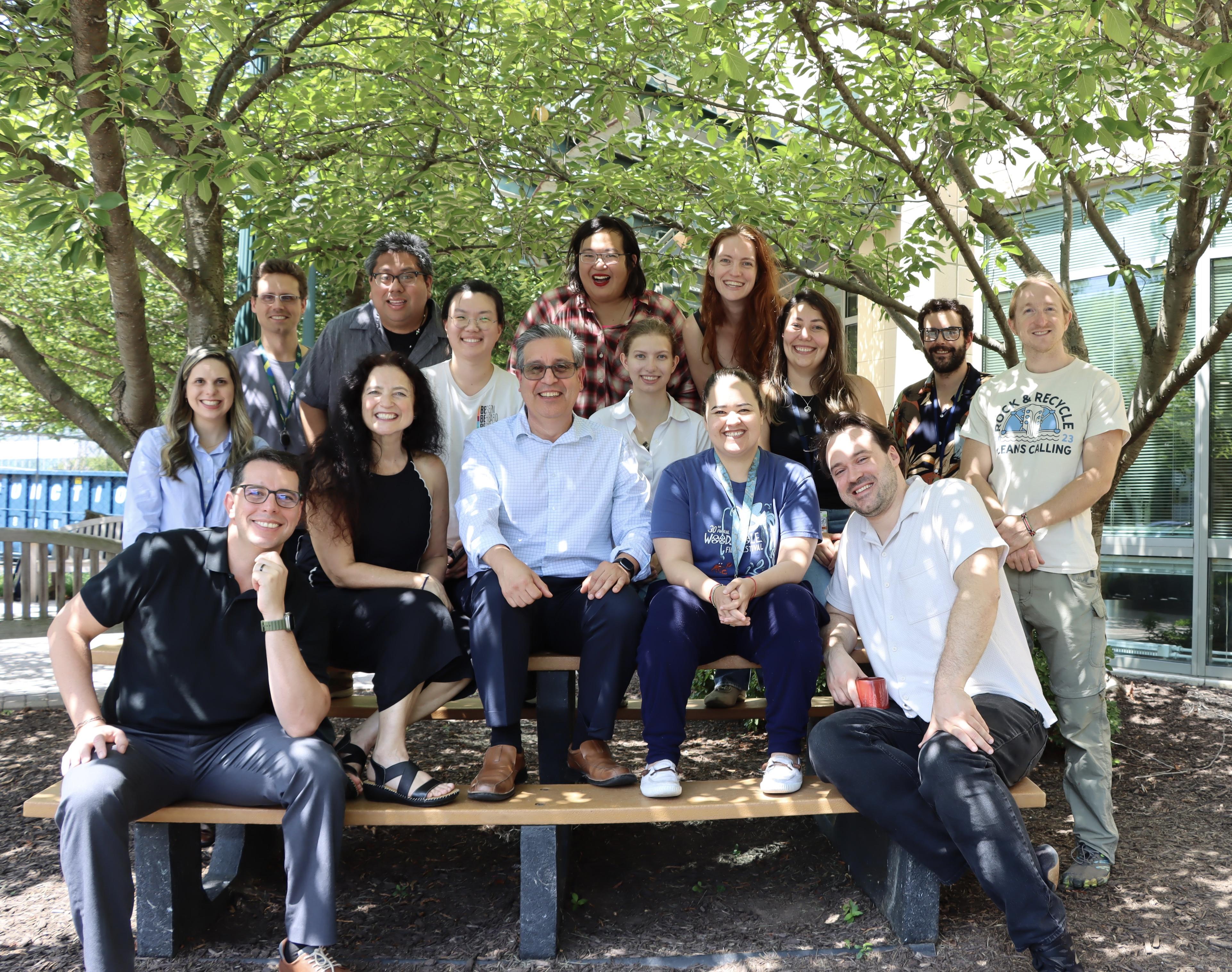
First row (left to right): Fabiano Oliveira (VMBS leadership); Tiago Donatelli Serafim. Second row (left to right): Shaden Kamhawi (VMBS leadership); Jesus Valenzuela; Eva Iniguez. Third row (left to right): Aline Da Silva Moreira; Serena Doh; Ronja Frigard; Luana Rogerio; Pedro Cecilio (VBS); Patrick HuffCutt (past member, VMBS). Fourth row (left to right): Johannes Doehl; Joshua Lacsina (TPCR, LMVR); Kristina Tang (past member, VMBS); Laura Willen. Not pictured: Daniel Sonenshine; Claudio Meneses.
Jesus G. Valenzuela, Ph.D.
Chief, Vector Molecular Biology Section
Deputy Chief, Laboratory of Malaria and Vector Research
Education:
Ph.D., 1995, University of Arizona
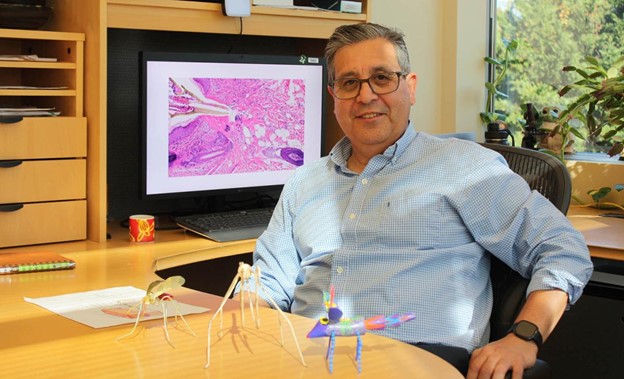
Johannes S. P. Doehl, Ph.D.
Postdoctoral Visiting Fellow
Education:
Ph.D., Molecular Parasitology, 2014, University of York, Department of Biology/Hull York Medical School, UK
B.Sc. Honours, Biochemistry, 2009, University of Aberdeen, UK
Languages Spoken: German, Portuguese, Spanish
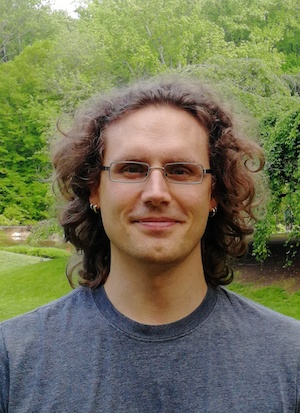
Serena Doh
Postbac IRTA
Education:
Bachelor's Degree, University of Maryland, College Park
Associate's Degree, Montgomery College
Languages Spoken: Korean
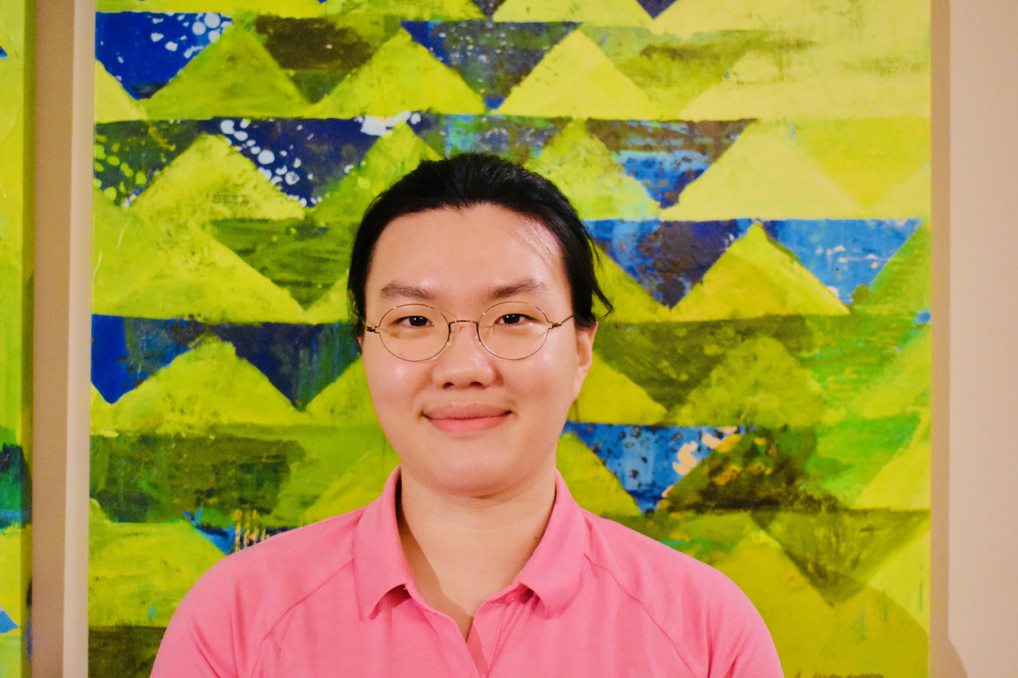
Eva Iniguez, Ph.D.
IRTA Postdoctoral Fellow (INRO)
Education:
Ph.D., Pathobiology, University of Texas at El Paso
Languages Spoken: Spanish
Shaden Kamhawi, Ph.D.
Group Leader, Insect-Human-Pathogen and Insect-Reservoir-Pathogen Interactions, Vector Molecular Biology Section
Education:
Ph.D., Medical Entomology, Salford University, Salford, England
Languages Spoken: English, French, Arabic
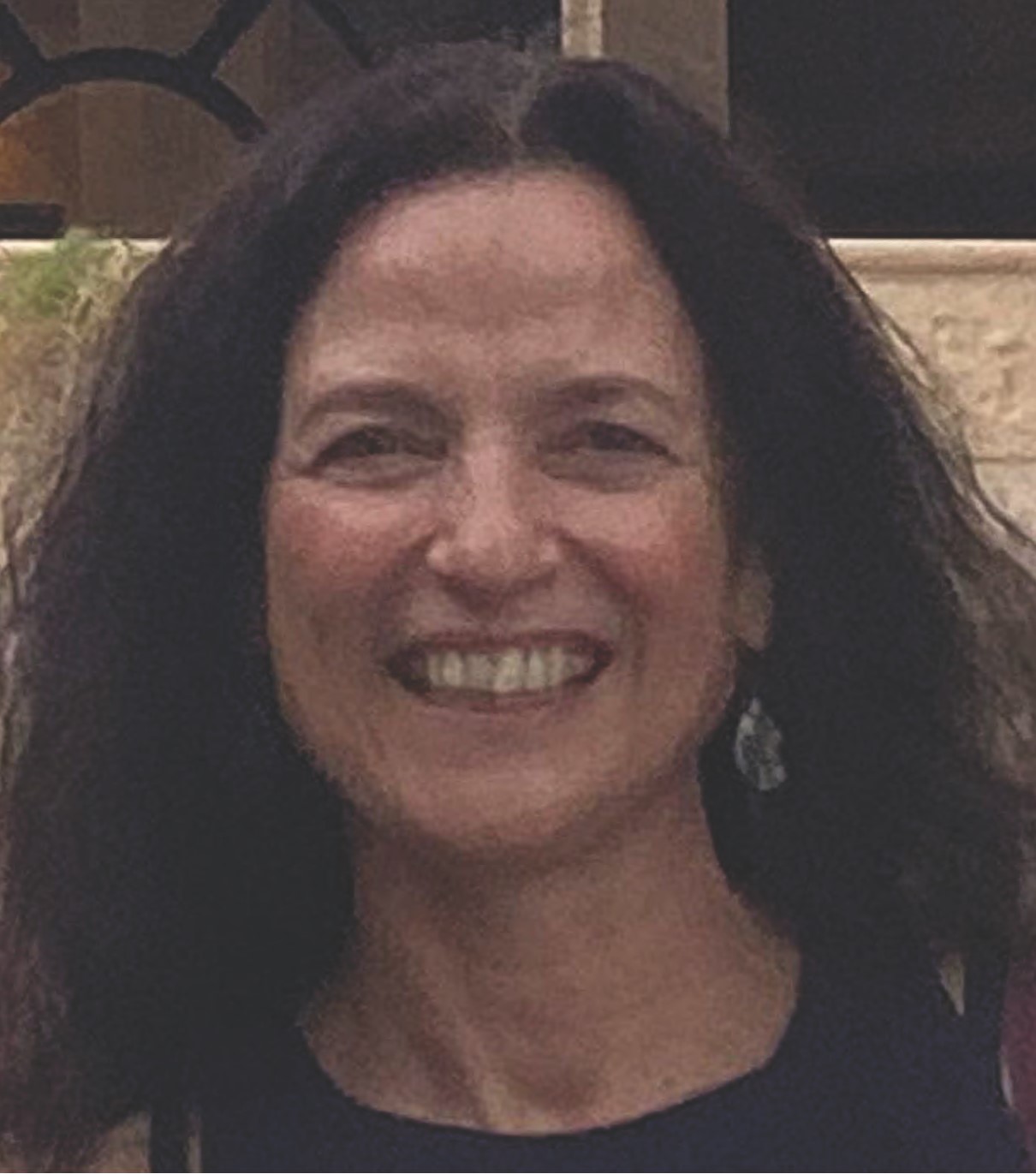
Claudio Meneses, B.S.
Research Associate
Education:
B.S., 1995, Universidade Gama Filho, Brazil
Languages Spoken: Portuguese
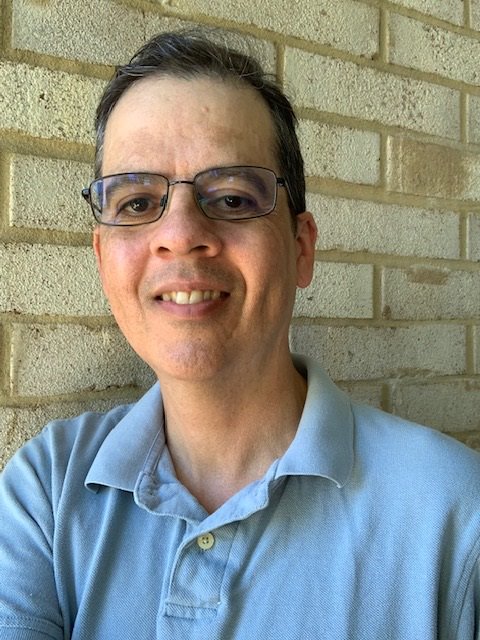
Fabiano Oliveira, M.D., Ph.D.
Associate Scientist, Staff Scientist
Education:
Ph.D., Human Pathology, Federal University of Bahia, Brazil
M.D., Medical School of the Federal University of Bahia, Bahia, Brazil
Languages Spoken: Portuguese, Spanish
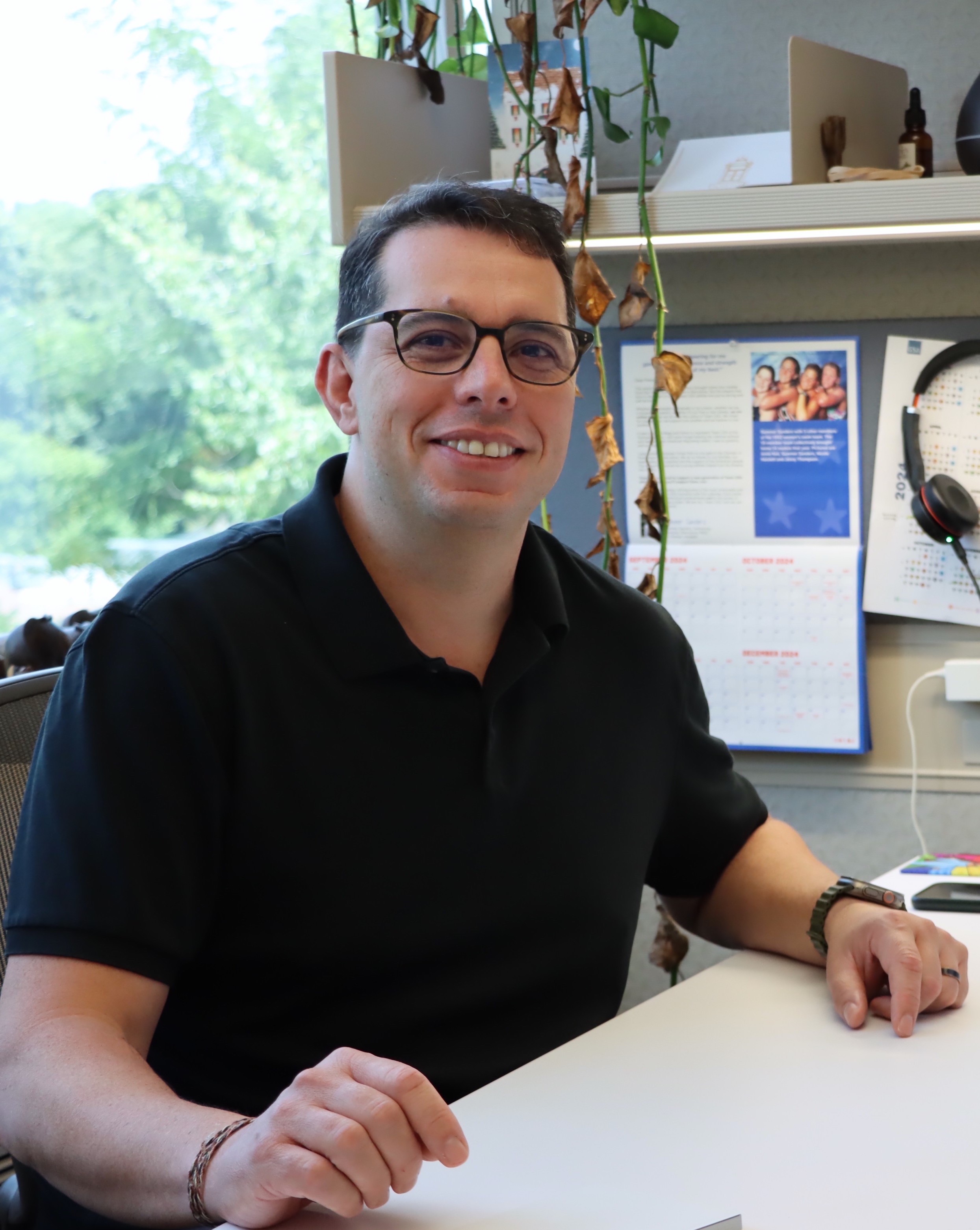
Tiago Donatelli Serafim, Ph.D.
Research Fellow
Education:
Ph.D., 2012, Federal University of Ouro Preto, Brazil
Bachelor’s degree, 2008, Federal University of Ouro Preto, Brazil
Languages Spoken: Portuguese
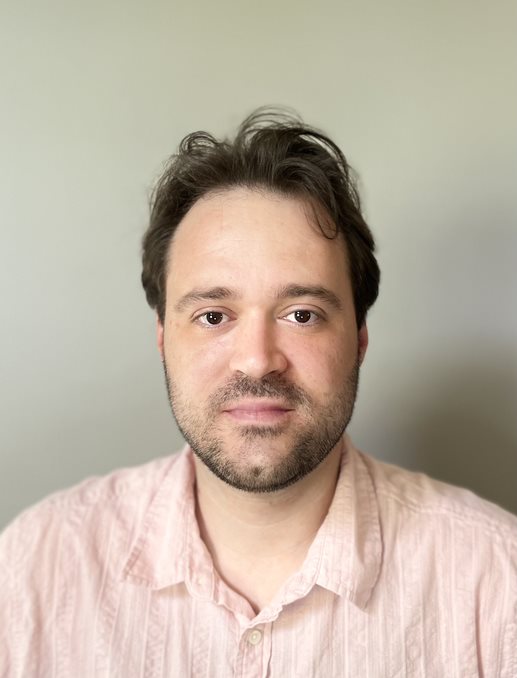
Sameeta Siraj
IRTA student
Education:
Pre-Clinical Nursing Program, Montgomery College
Languages Spoken: Urdu, Hindi, Punjabi
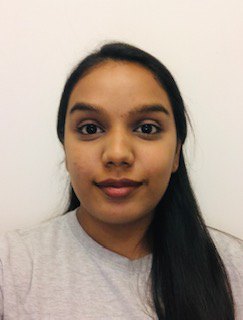
Daniel E. Sonenshine, Ph.D.
Guest Researcher
Education:
Ph.D., 1959, University of Maryland
Bachelor’s degree, 1955, City College of New York

